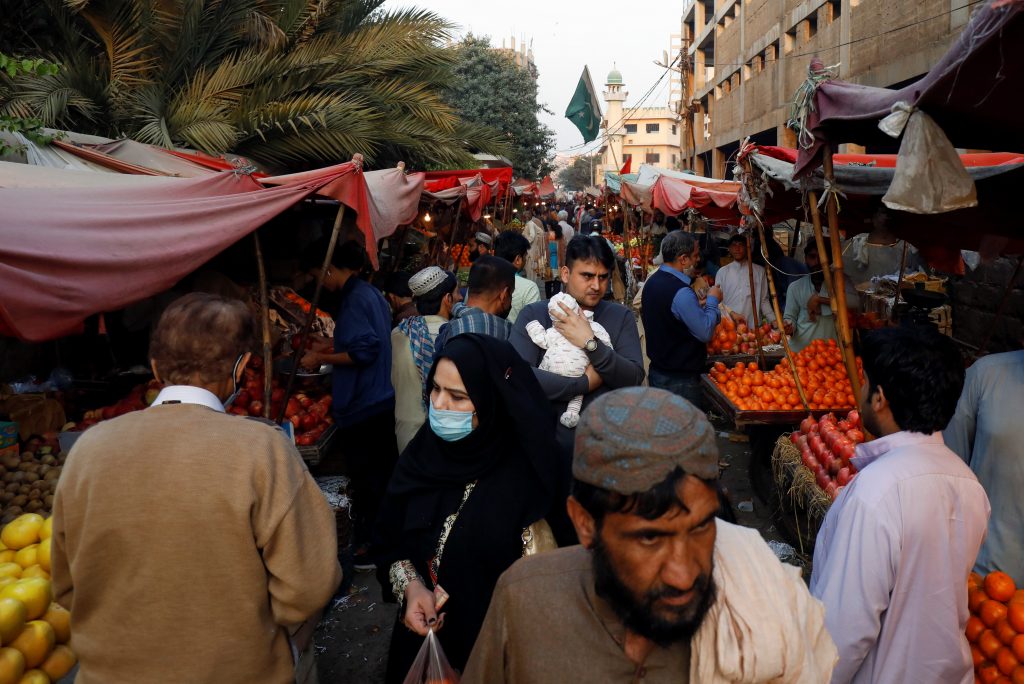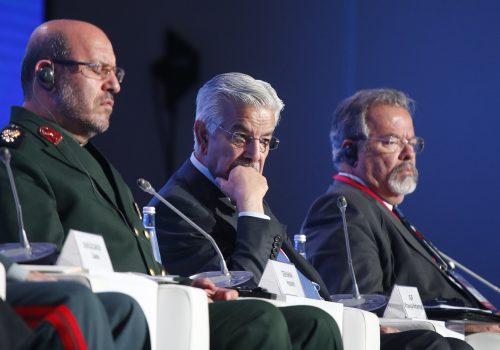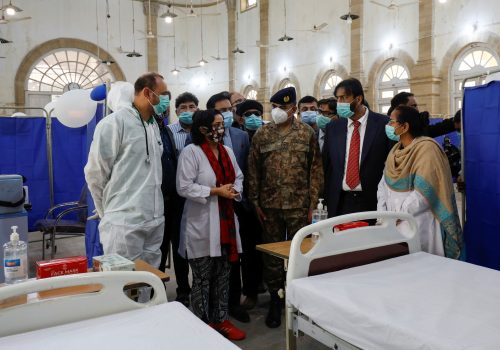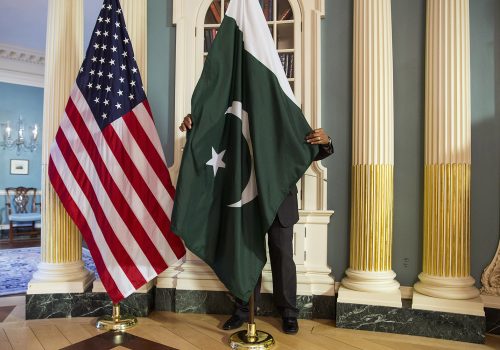20 years after invading Afghanistan to punish the Taliban for harboring Osama bin Laden, President Joe Biden is saying goodbye to Afghanistan, or khuda hafez in the dominant local Dari language.
Regardless of the main reason why President Biden is extracting the US military and hence NATO from Afghanistan, the people of Afghanistan may end up being sacrificed and left to the depredations of the Taliban and Islamic State. Furthermore, there will likely be attempts of regional warlords to protect their own turf in the ensuing scramble for power. This will create more chaos and massive destruction. And, America will not be able to rapidly return to save the Afghan people.
President Biden promised, “While we will not stay involved in Afghanistan militarily, our diplomatic and humanitarian work will continue. We will continue to support the government of Afghanistan. We will keep providing assistance to the Afghan National Defense and Security Forces… Along with our partners, we are training and equipping nearly 300,000 personnel. And they continue to fight valiantly on behalf of their country and defend the Afghan people, at great cost.”
How this will be done and at what cost is not clear at this time. Nor is there any guarantee that any money spent henceforth will be monitored to ensure that it is not misused or spirited away by corrupt elites, as has been the pattern of the past. Will the Special Inspector General for Afghanistan Reconstruction (SIGAR) be able to operate safely in Afghanistan, especially if the Taliban move to re-establish their control over most of the country, including Kabul?
The United States lost this war because it did not have a clearly defined vision and a military dominated approach. It also interrupted its initial operations by diverting forces to Iraq. Even after Washington moved to increase its presence in Afghanistan, the US-led coalition kept chasing the elusive goal of a victory. But it had little effect on the internal operations of the Afghanistan government that were beset by corruption as well as regional and ethnic differences. These conditions allowed the Taliban to spread their influence. Finally, as outlined in my new book The Battle for Pakistan: The Bitter US Friendship and a Tough Neighbourhood, nineteen coalition commanders in twenty years of war were a contributing factor to the absence of a sustained and cohesive approach to the military effort. Too much money then poured into a corrupt Afghan system and undermined these efforts.
The United States also failed to undertake a broad regional approach both at the outset and in its exit phase. An over-reliance on the Pakistan military in both phases remained the weakest link in its efforts, as mistrust grew over time regarding Pakistan’s covert support for the Taliban in Balochistan and North Waziristan in particular. Pakistan harbored its own concerns about the extended US presence on its borders.
President Biden is keeping his promise to exit Afghanistan. But he will need to create a regional safety net including Turkey, Iran, Pakistan, Russia, China, and even India, to act as an economic incentive for whatever successor regime emerges in Kabul. Thus far, there are no signs of that happening. He did not even mention Iran as a potential partner in helping to stabilize Afghanistan. It will be then a challenge to create a regional consensus to preserve order and retain the progress made in the development of Afghan society by the September departure date. Another unanswered question is the future of President Ashraf Ghani’s dispensation. Will the Taliban nullify that by increasing their military operations against the Afghan government, as their spokesperson hinted after the Biden speech? “Now as the agreement is being breached by America, it in principle opens the way for the Mujahideen of Islamic Emirate to take every necessary countermeasure…”
As the most affected neighbor, Pakistan will pay a huge price with an uncontrollable Taliban in Kabul. The group may well join forces with Islamic militants inside Pakistan and provide reverse sanctuary to the Pakistan Taliban who have used Afghanistan as a safe harbor after being evicted from the Pakistani borderlands. If intra-Afghan fighting accelerates, there may also be a new influx of refugees from Afghanistan.
Should conditions deteriorate rapidly in Afghanistan, the departure from Kabul may be much worse than the Fall of Saigon.
Shuja Nawaz is a Distinguished Fellow at the South Asia Center of the Atlantic Council in Washington DC. He was the Center’s founding director in 2009. His latest book is The Battle for Pakistan: The Bitter US Friendship and a Tough Neighbourhood (Penguin Random House 2019, Liberty Books, Pakistan 2019, and Rowman and Littlefield 2020). His previous book, Crossed Swords: Pakistan, its Army, and the Wars Within (2008 and 2017), has been reprinted in December 2020 by Oxford University Press. For more, please see www.shujanawaz.

The South Asia Center is the hub for the Atlantic Council’s analysis of the political, social, geographical, and cultural diversity of the region. At the intersection of South Asia and its geopolitics, SAC cultivates dialogue to shape policy and forge ties between the region and the global community.
Related content
Image: People with and without masks walk along fruit stalls at a market as the outbreak of the coronavirus disease (COVID-19) continues, in Karachi, Pakistan January 16, 2021. Picture taken January 16, 2021. REUTERS/Akhtar Soomro



